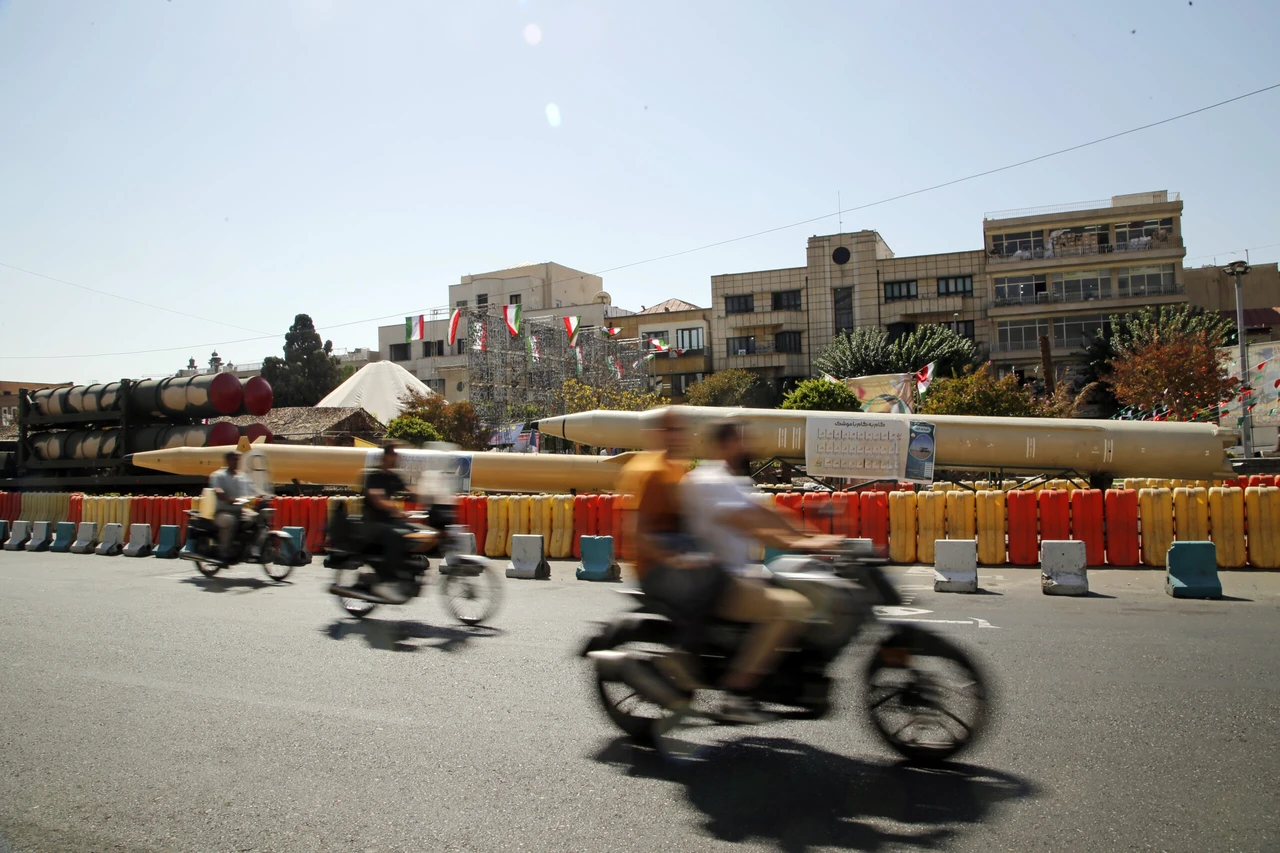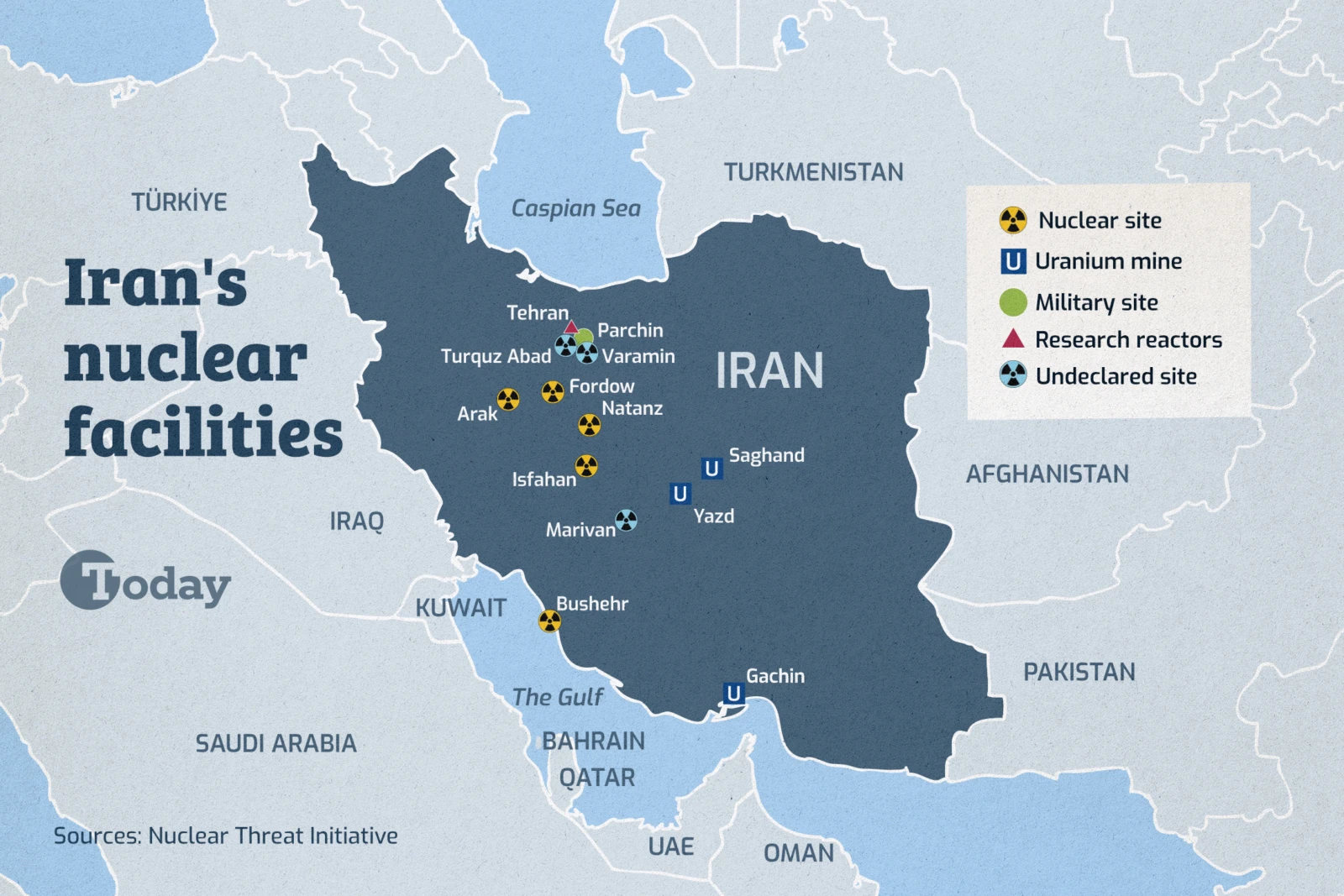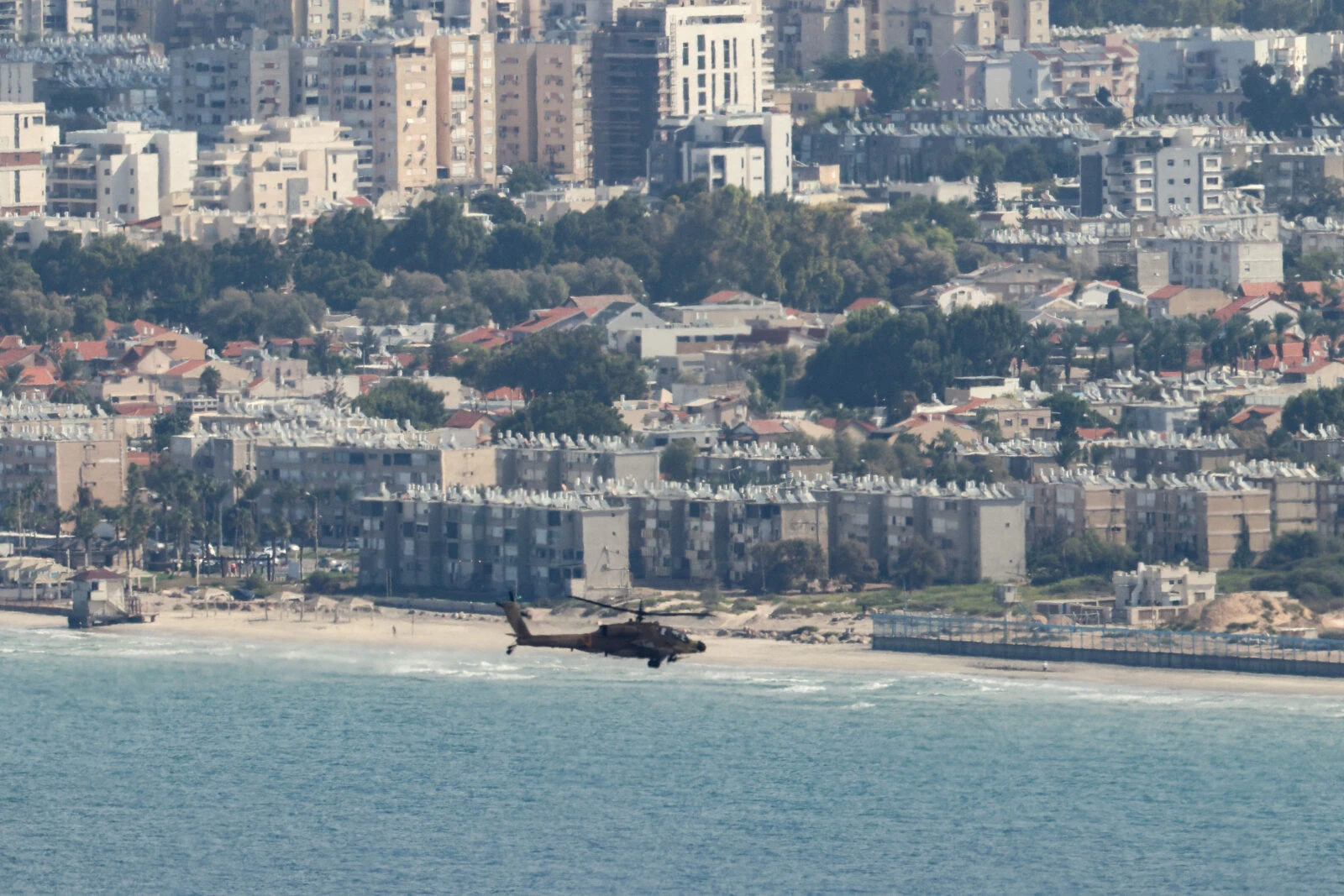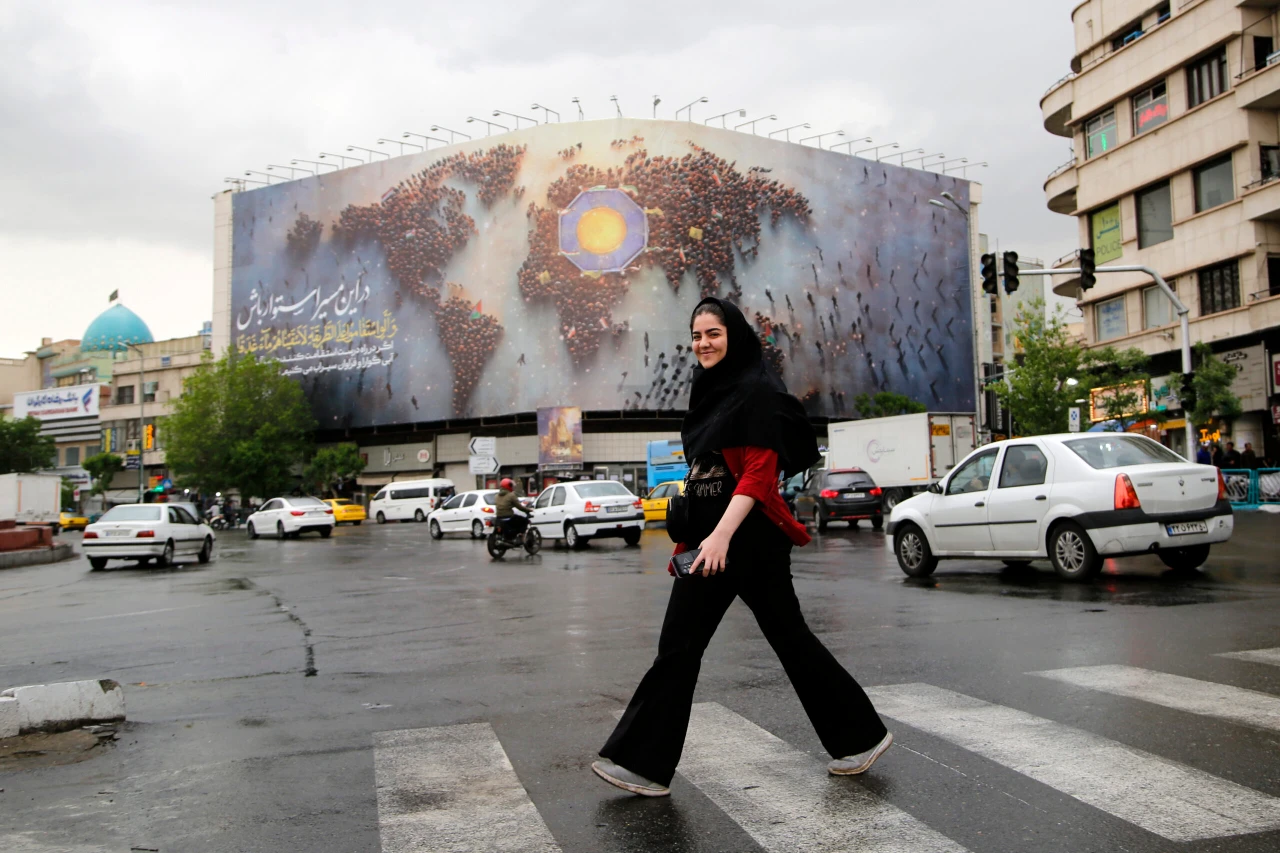US maintains Iran has not decided to build nuclear weapons
 Iran displayed its heavy weapons, including ballistic missiles, air defense systems and unmanned aerial vehicles at Baharistan Square in Tehran, Iran. (Fatemeh Bahrami - Anadolu Agency)
Iran displayed its heavy weapons, including ballistic missiles, air defense systems and unmanned aerial vehicles at Baharistan Square in Tehran, Iran. (Fatemeh Bahrami - Anadolu Agency)
The United States still believes that Iran has not decided to pursue building a nuclear weapon, despite recent tensions in the region, two U.S. officials told Reuters on Thursday.
The assessment follows comments earlier this week by CIA Director William Burns, who said there was no evidence that Iran’s Supreme Leader Ali Khamenei has reversed his 2003 decision to suspend the nuclear weaponization program.
US assessment on Iran’s nuclear intentions
A spokesperson from the Office of the Director of National Intelligence (ODNI) reiterated that the U.S. does not believe Iran has resumed its nuclear weapons program. “We assess that the supreme leader has not made a decision to resume the nuclear weapons program that Iran suspended in 2003,” said the ODNI spokesperson.
This intelligence assessment could explain the Biden administration’s opposition to an Israeli strike on Iran’s nuclear infrastructure following a recent ballistic missile attack by Tehran. President Joe Biden has made clear that he does not support an Israeli strike in response, a position that has faced criticism from some Republicans.

Concerns over Iran’s uranium enrichment
Iran is currently enriching uranium to 60% purity, approaching the 90% threshold required for weapons-grade material. According to the International Atomic Energy Agency (IAEA), Iran could theoretically have enough enriched material for up to four nuclear bombs if further processed.
Despite the enrichment, experts agree that weaponizing the material would take months. Former U.S. deputy director of national intelligence Beth Sanner noted that while the risk of Khamenei resuming the program is higher, Iran would still require time to develop an actual nuclear weapon.

Israel’s position and regional tensions
Israel views Iran’s nuclear ambitions as a direct threat to its existence. The country has suffered recent missile attacks from Iran, which were largely intercepted by Israeli and U.S. defenses. In the aftermath, Israel has yet to reveal its retaliatory plans.
The Biden administration is urging caution, advising Israel to avoid escalating tensions in the region. U.S. officials have expressed concerns that a military strike on Iran’s nuclear facilities could spark a wider conflict in the Middle East.

Ongoing Middle East tensions
The recent intensification of conflicts between Israel and Iran-backed groups, such as Hezbollah, has led to speculation that Iran may reconsider its nuclear stance. However, Avi Melamed, a former Israeli intelligence officer, stated that while Tehran faces setbacks, it is unlikely to rush into nuclear development.
“The Iranians have to recalculate what’s next,” Melamed said. “I don’t think at this point they will rush to develop or boost the program toward military capacity.”



